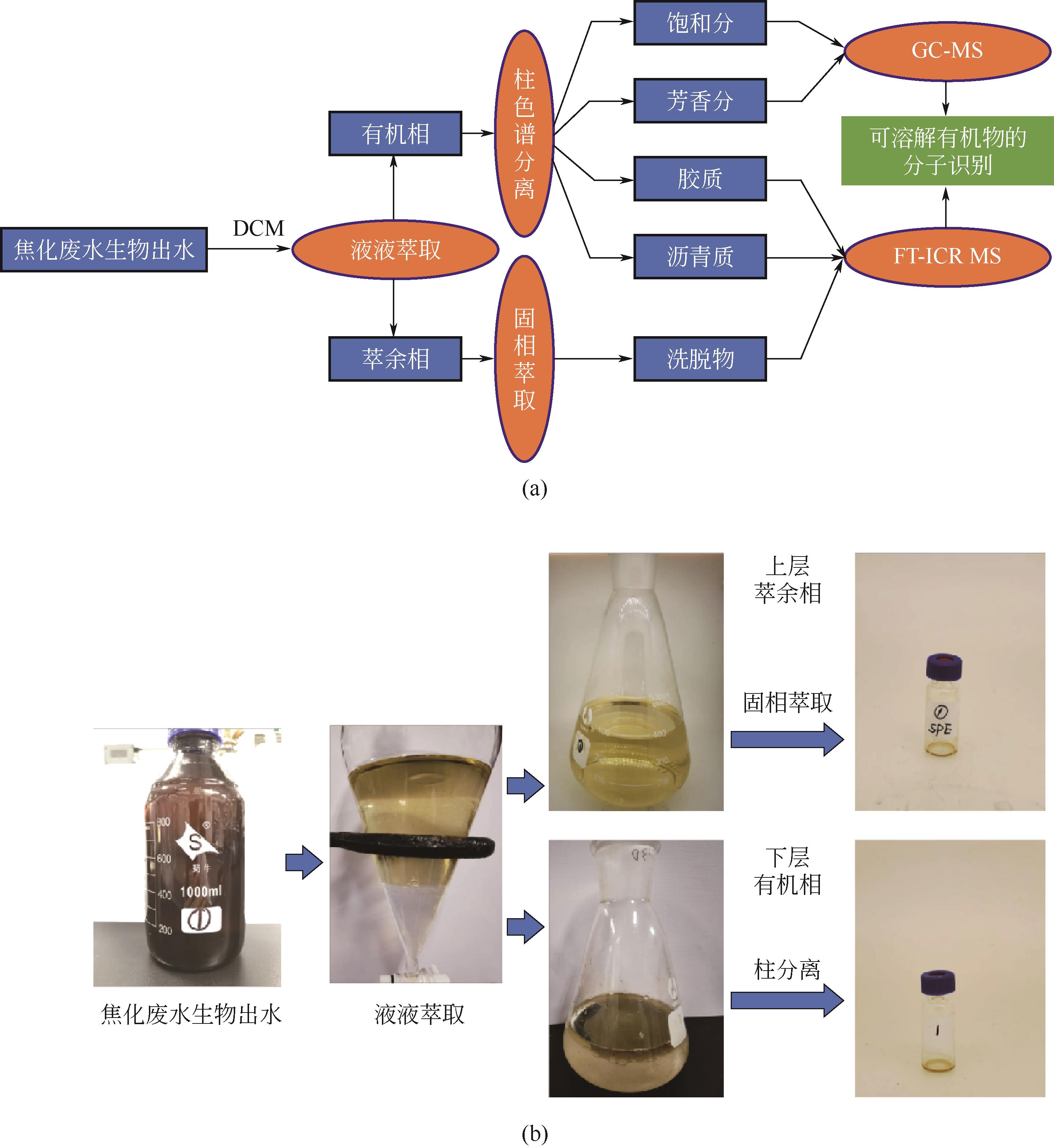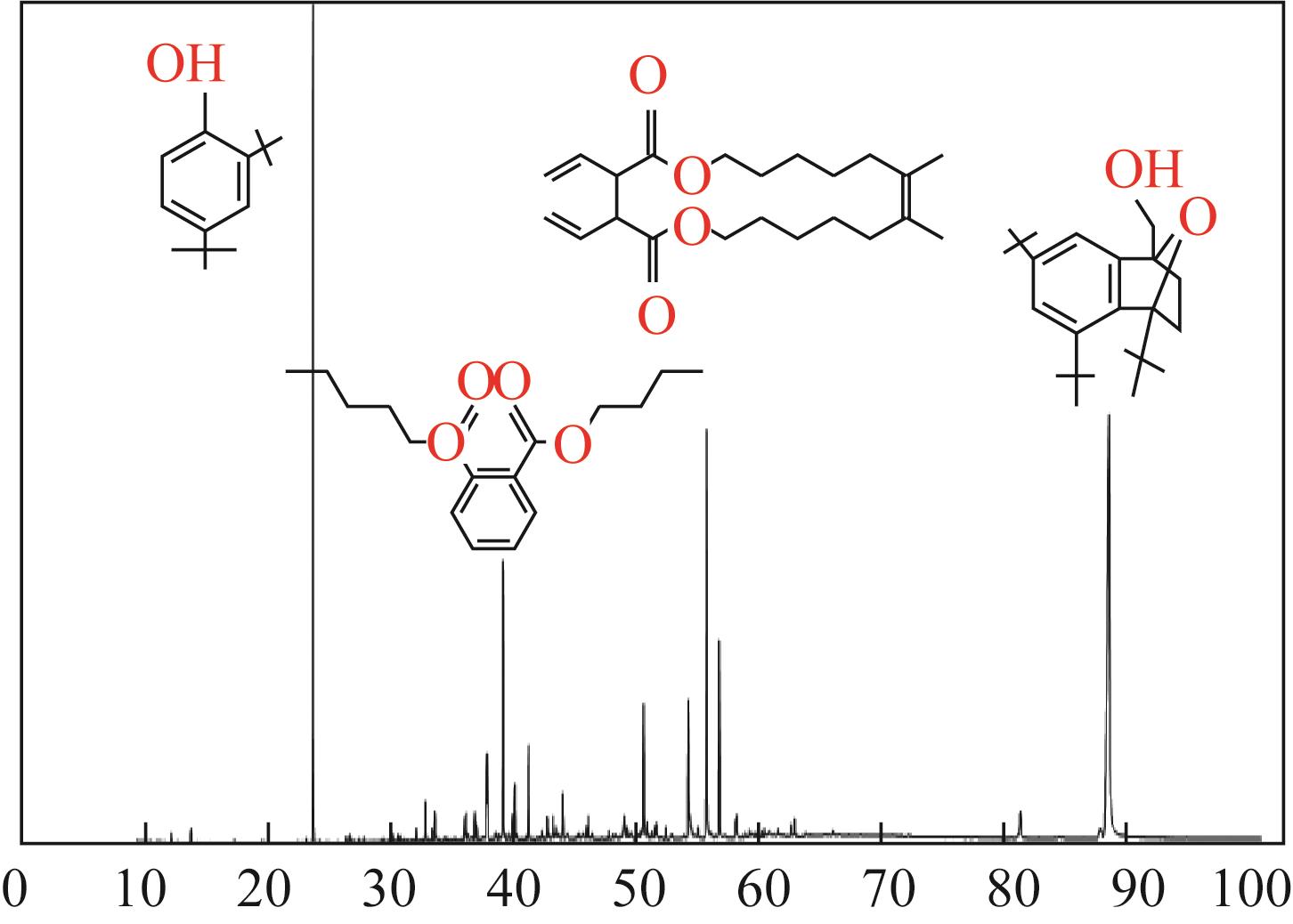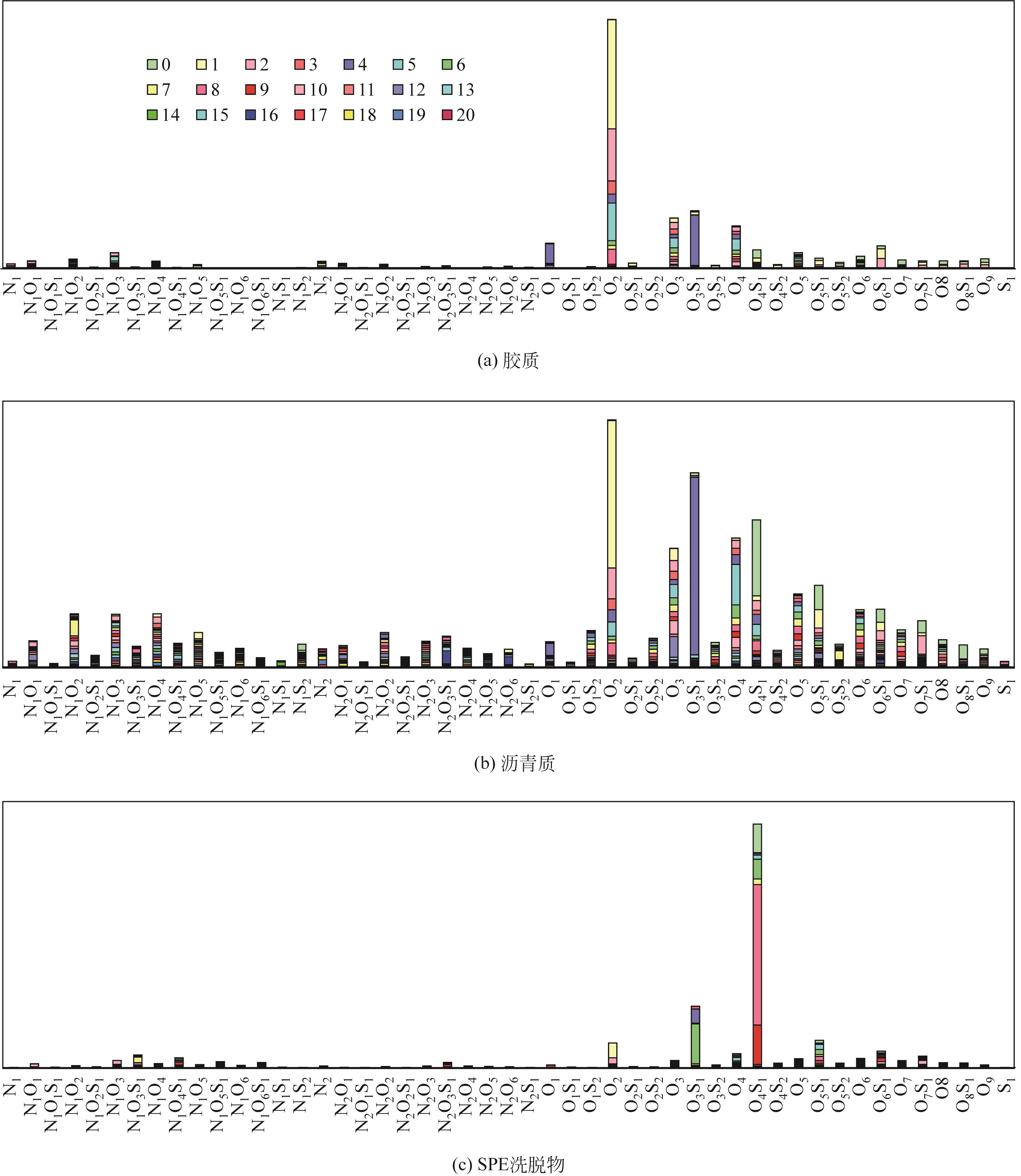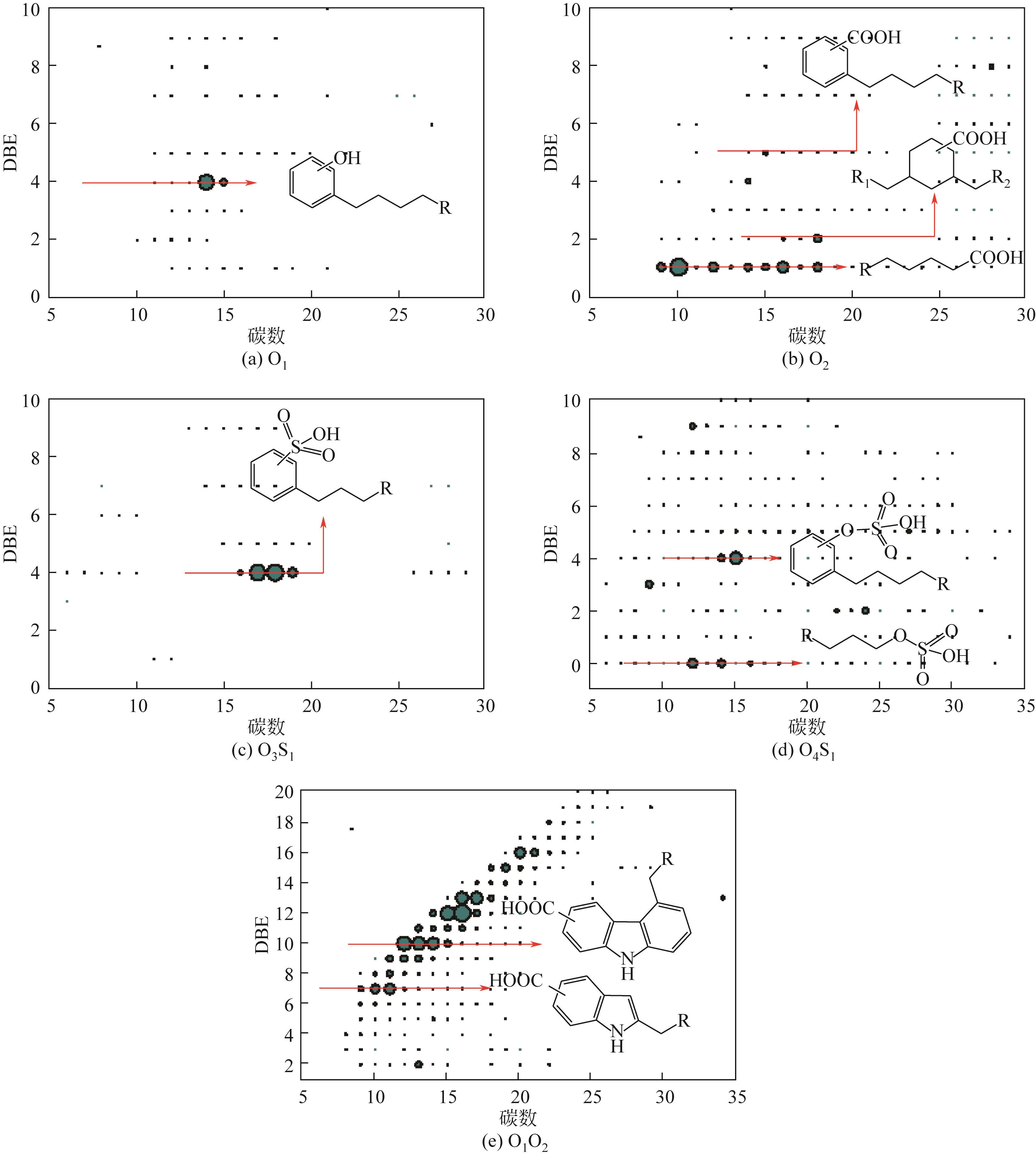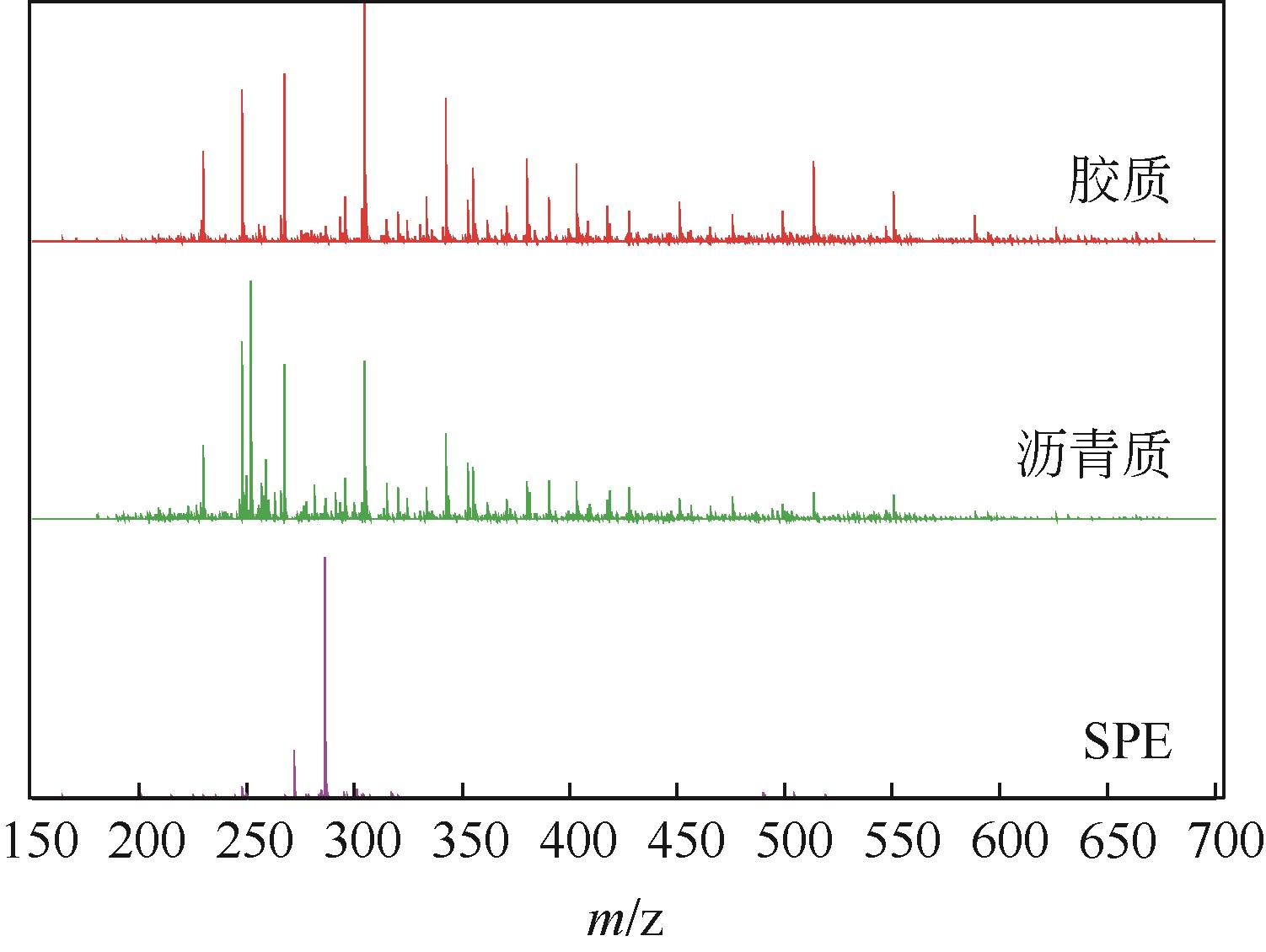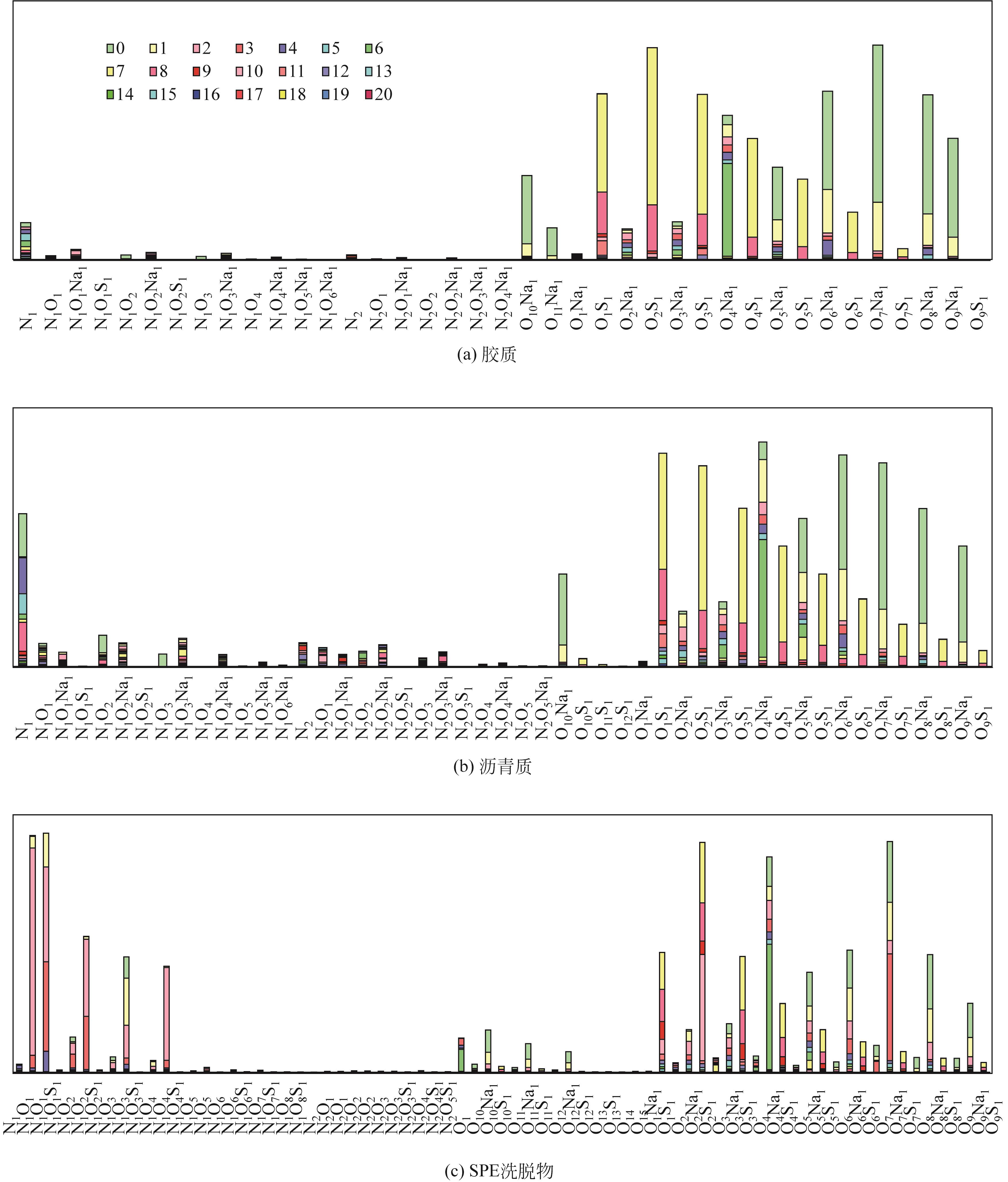| 1 |
李新洋, 李燕楠, 祁丹阳, 等. 电-多相臭氧催化工艺深度处理焦化废水[J]. 中国环境科学, 2020, 40(10): 4354-4361.
|
|
LI Xinyang, LI Yannan, QI Danyang, et al. Study on electrochemical heterogeneous catalytic ozonation process for treatment of coking wastewater[J]. China Environmental Science, 2020, 40(10): 4354-4361.
|
| 2 |
尤欣雨, 刘雨, 秦琳琳, 等. 负载过渡金属颗粒电极催化降解焦化废水尾水[J]. 中国环境科学, 2022, 42(8): 3683-3689.
|
|
YOU Xinyu, LIU Yu, QIN Linlin, et al. Catalytic degradation of coking tail wastewater by particle electrodes loaded with transition metals[J]. China Environmental Science, 2022, 42(8): 3683-3689.
|
| 3 |
CHAO Yumei, I Cheng TSENG, CHANG Jo Shu. Mechanism for sludge acidification in aerobic treatment of coking wastewater[J]. Journal of Hazardous Materials, 2006, 137(3): 781-1787.
|
| 4 |
韦朝海, 廖建波, 胡芸. 煤的基本化工过程与污染特征分析[J]. 化工进展, 2016, 35(6): 1875-1883.
|
|
WEI Chaohai, LIAO Jianbo, HU Yun. Basic coal chemical processes and their pollution characteristics[J]. Chemical Industry and Engineering Progress, 2016, 35(6): 1875-1883.
|
| 5 |
任源, 韦朝海, 吴超飞, 等. 焦化废水水质组成及其环境学与生物学特性分析[J]. 环境科学学报, 2007, 27(7): 1094-1100.
|
|
REN Yuan, WEI Chaohai, WU Chaofei, et al. Environmental and biological characteristics of coking wastewater[J]. Acta Scientiae Circumstantiae, 2007, 27(7): 1094-1100.
|
| 6 |
张小璇, 任源, 韦朝海, 等. 焦化废水生物处理尾水中残余有机污染物的活性炭吸附及其机理[J]. 环境科学学报, 2007, 27(7): 1113-1120.
|
|
ZHANG Xiaoxuan, REN Yuan, WEI Chaohai, et al. Adsorption mechanism of organic pollutants from biologically treated coking wastewater by powdered activated carbon[J]. Acta Scientiae Circumstantiae, 2007, 27(7): 1113-1120.
|
| 7 |
韦朝海, 朱家亮, 吴超飞, 等. 焦化行业废水水质变化影响因素及污染控制[J]. 化工进展, 2011, 30(1): 225-232.
|
|
WEI Chaohai, ZHU Jialiang, WU Chaofei, et al. Influence factors of coking wastewater components and pollution control[J]. Chemical Industry and Engineering Progress, 2011, 30(1): 225-232.
|
| 8 |
LAI Peng, ZHAO Huazhang, WANG Chao, et al. Advanced treatment of coking wastewater by coagulation and zero-valent iron processes[J]. Journal of Hazardous Materials, 2007, 147(1/2): 232-239.
|
| 9 |
MISHRA Lipsa, PAUL Kakoli Karar, JENA Somesh. Coke wastewater treatment methods: Mini review[J]. Journal of the Indian Chemical Society, 2021, 98(10): 100133.
|
| 10 |
胡记杰, 肖俊霞, 任源, 等. 焦化废水原水中有机污染物的活性炭吸附过程解析[J]. 环境科学, 2008, 29(6): 1567-1571.
|
|
HU Jijie, XIAO Junxia, REN Yuan, et al. Adsorption process of organic contaminant in untreated coking wastewater by powdered activated carbon[J]. Environmental Science, 2008, 29(6): 1567-1571.
|
| 11 |
张万辉, 韦朝海, 晏波, 等. 焦化废水中溶解性有机物组分的特征分析[J]. 环境化学, 2012, 31(5): 702-707.
|
|
ZHANG Wanhui, WEI Chaohai, YAN Bo, et al. Composition characterization of dissolved organic matters in coking wastewater[J]. Environmental Chemistry, 2012, 31(5): 702-707.
|
| 12 |
CHU Libing, WANG Jianlong, DONG Jing, et al. Treatment of coking wastewater by an advanced Fenton oxidation process using iron powder and hydrogen peroxide[J]. Chemosphere, 2012, 86(4): 409-414.
|
| 13 |
赖鹏, 赵华章, 叶正芳, 等. 生物滤池A/O工艺处理焦化废水研究[J]. 环境科学, 2007, 28(12): 2727-2733.
|
|
LAI Peng, ZHAO Huazhang, YE Zhengfang, et al. Study on treatment of coking wastewater by A/O process of biological filter[J]. Environmental Science, 2007, 28(12): 2727-2733.
|
| 14 |
李登勇, 潘霞霞, 吴超飞, 等. 氧化/吸附/混凝协同工艺处理焦化废水生物处理出水的过程及效果分析[J]. 环境工程学报, 2010, 4(8): 1719-1725.
|
|
LI Dengyong, PAN Xiaxia, WU Chaofei, et al. Process and effectiveness analysis of treatment of biologically treated coking wastewater by oxidation/adsorption/coagulation[J]. Chinese Journal of Environmental Engineering, 2010, 4(8): 1719-1725.
|
| 15 |
任源, 韦朝海, 吴超飞, 等. 生物流化床A/O2工艺处理焦化废水过程中有机组分的GC/MS分析[J]. 环境科学学报, 2006, 26(11): 1785-1791.
|
|
REN Yuan, WEI Chaohai, WU Chaofei, et al. Organic compounds analysis by GC/MS during the biological fluidized bed A/O2 process of coking wastewater[J]. Acta Scientiae Circumstantiae, 2006, 26(11): 1785-1791.
|
| 16 |
吴海珍, 孙胜利, 刘国新, 等. 焦化废水A/O2和A/O/H/O处理工艺中多环芳烃的削减行为分析[J]. 环境科学, 2018, 39(9): 4265-4273.
|
|
WU Haizhen, SUN Shengli, LIU Guoxin, et al. Behavior and degradation of polycyclic aromatic hydrocarbons(PAHs) in coking wastewater of A/O2 and A/O/H/O processes[J]. Environmental Science, 2018, 39(9): 4265-4273.
|
| 17 |
金鹏. O/A/O工艺对焦化废水中有机污染物的去除效果[J]. 中国给水排水, 2014, 30(7): 72-73.
|
|
JIN Peng. Removal of organic compounds from coking wastewater by oxic/anoxic/oxic process[J]. China Water & Wastewater, 2014, 30(7): 72-73.
|
| 18 |
张伟, 韦朝海, 彭平安, 等. A/O/O生物流化床处理焦化废水中酚类组成及降解特性分析[J]. 环境工程学报, 2010, 4(2): 253-258.
|
|
ZHANG Wei, WEI Chaohai, PENG Ping’an, et al. Components and degradation characteristics analysis of phenols in coking wastewater in biological fluidized bed A/O/O process[J]. Chinese Journal of Environmental Engineering, 2010, 4(2): 253-258.
|
| 19 |
LEYVA Dennys, JAFFE Rudolf, FERNANDEZ-LIMA F. Structural characterization of dissolved organic matter at the chemical formula level using TIMS-FT-ICR MS/MS[J]. Analytical Chemistry, 2020, 92(17): 11960-11966.
|
| 20 |
FANG Zhi, HE Chen, LI Yongyong, et al. Fractionation and characterization of dissolved organic matter (DOM) in refinery wastewater by revised phase retention and ion-exchange adsorption solid phase extraction followed by ESI FT-ICR MS[J]. Talanta, 2017, 162: 466-473.
|
| 21 |
KIM Sungjune, KIM Donghwi, JUNG Maeng-Joon, et al. Analysis of environmental organic matters by ultrahigh-resolution mass spectrometry—A review on the development of analytical methods[J]. Mass Spectrometry Reviews, 2022, 41(2): 352-369.
|
| 22 |
HE Chen, FANG Zhi, LI Yongyong, et al. Ionization selectivity of electrospray and atmospheric pressure photoionization FT-ICR MS for petroleum refinery wastewater dissolved organic matter[J]. Environmental Science: Processes & Impacts, 2021, 23(10): 1466-1475.
|
 ), 寇丽红1,2,3, 王冠宇1,2,3, 王吉坤1,2,3, 刘敏1,2,3, 李兰廷1,2,3, 王昊1,2,3
), 寇丽红1,2,3, 王冠宇1,2,3, 王吉坤1,2,3, 刘敏1,2,3, 李兰廷1,2,3, 王昊1,2,3
 ), KOU Lihong1,2,3, WANG Guanyu1,2,3, WANG Jikun1,2,3, LIU Min1,2,3, LI Lanting1,2,3, WANG Hao1,2,3
), KOU Lihong1,2,3, WANG Guanyu1,2,3, WANG Jikun1,2,3, LIU Min1,2,3, LI Lanting1,2,3, WANG Hao1,2,3
